Ma Ying-jeou on Commemoration Day of Taiwan’s Restoration
Beijing, in its first such commemoration, underlines "peaceful reunification"
Chinese and U.S. trade negotiators spent their Saturday talking in Kuala Lumpur, Malaysia, where Bloomberg just reported U.S. is saying the discussions were “very constructive.”
Donald Trump is on his plane to Asia, where he will meet Chinese President Xi Jinping, according to the White House.
Here in Beijing, the government’s top news is the 80th anniversary of Taiwan’s restoration to China, the mainland’s first Commemoration Day of Taiwan’s Restoration.
Headlining a conference in Beijing is Wang Huning, a senior leader of the Communist Party of China, where he “stressed that people on both sides of the Strait should shoulder their historical responsibilities in promoting peaceful development of cross-Strait relations and realizing national rejuvenation” and “emphasized the importance of adhering to peaceful reunification,” according to Xinhua.
Across the Taiwan Strait, the Democratic Progressive Party-led government refused to commemorate the occasion. Its secretary-general recently declared “there is no such thing as Taiwan’s Retrocession Day.”
Ma Ying-jeou, former leader of Taiwan - officially President of the Republic of China - from 2008 to 2016 of the Kuomingtang/KMT/Nationalist Party today wrote the following post on Meta:
Today marks the 80th anniversary of the Commemoration Day of Taiwan’s Restoration. Eighty years ago, after years of resisting Japanese aggression and through countless bloody battles, the Chinese nation finally won a hard-fought victory. More than 3 million soldiers of the Nationalist Army were killed or wounded, nearly 300 generals fell in battle, and over 20 million innocent civilians lost their lives. That victory brought an end to Japan’s 50-year colonial rule and returned Taiwan to China—namely, to the Republic of China—a moment of profound historical significance.
This is a chapter of history that all Taiwanese should remember with reverence. Without victory in the War of Resistance Against Japan, there would have been no restoration of Taiwan, and without that restoration the Republic of China would not enjoy today’s peace and prosperity. Yet it is regrettable that the secretary-general of our ruling party recently claimed that “there is no Commemoration Day of Taiwan’s Restoration,” and even argued that the people of Taiwan at the time should still be regarded as Japanese. Such Japan-accommodating remarks completely distort historical facts, insult the great significance of Taiwan’s restoration, and betray the Taiwanese heroes who sacrificed their lives in the war of resistance.
In the 20th year of the Guangxu reign (1894), China and Japan went to war in what became known as the First Sino-Japanese War. The Qing government was defeated and, on April 17, 1895, was forced to sign the Treaty of Shimonoseki, ceding Taiwan and the Penghu Islands to Japan. Upon hearing the news, Taiwanese patriot Qiu Feng-jia was heartbroken and wrote the famous lament, “The prime minister may have the power to cede territory, but this loyal minister lacks the strength to turn the tide.” Luo Fu-xing, a Hakka from Miaoli, organized resistance against Japan and went to his death with dignity. In 1931, Japan launched the September 18 (Mukden) Incident and seized China’s three northeastern provinces. In 1937, Japan again provoked the Lugou Bridge (Marco Polo Bridge) Incident, invading North China. By then the Chinese people could bear no more. Generalissimo Chiang Kai-shek declared: 「人不分男女老幼,地不分東西南北」“Regardless of gender, age, or location—east, west, south, or north” all must rise for the survival of the Chinese nation, and launched a full-scale war of resistance.
It was the largest, bloodiest, and most consequential war of national defense in the history of the Chinese nation. United in determination, the Chinese people fought for eight years and finally, on August 15, 1945, the Japanese emperor announced unconditional surrender. Before Japan’s surrender, the restoration of Taiwan and its return to China (the Republic of China) was achieved step by step through tremendous effort and with recognition from the major powers of the world.
On November 23, 1943, Generalissimo Chiang Kai-shek, as Supreme Commander of the China Theater, attended the Cairo Conference in Egypt at the invitation of the Allies. On November 26, he reached agreement with U.S. President Franklin D. Roosevelt and British Prime Minister Winston Churchill on the Cairo Declaration.
Announced simultaneously by all three nations on December 1, it explicitly stated that “all the territories Japan has stolen from the Chinese, such as Manchuria, Formosa, and the Pescadores, shall be restored to the Republic of China.” On July 26, 1945, China, the United States, and the United Kingdom issued the Potsdam Proclamation calling for Japan’s surrender; Article 8 reaffirmed that “the terms of the Cairo Declaration shall be carried out.” On September 2, 1945, Japan signed the Instrument of Surrender aboard the U.S. battleship Missouri, accepting the Potsdam terms and formally surrendering unconditionally to the Allies. Japanese forces in China surrendered on September 9 in Nanjing, and those in Taiwan did so on October 25 in Taipei, to the Nationalist Army.
After 50 years of Japanese colonial rule, Taiwan and the Penghu Islands finally returned to the embrace of the Republic of China, erasing the humiliation of the 1895 defeat—a moment of immense and lasting significance. On April 28, 1952, the Republic of China and Japan signed the Treaty of Peace between the Republic of China and Japan in Taipei, further confirming Taiwan as territory of the Republic of China. These historical facts categorically refute the distorted claims that deny the Commemoration Day of Taiwan’s Restoration.
Ten years ago, during my presidency, I held a grand commemoration of the 70th anniversary of victory in the War of Resistance and the restoration of Taiwan. We specially awarded the “Victory Medal of the War of Resistance Against Japan” to surviving veterans, to honor their fearless spirit of sacrifice and devotion to the nation—an enduring source of respect and gratitude for all Chinese. At the same time, we reminded our citizens that Taiwan’s return to the Republic of China was at the cost of the blood and lives of countless people.
Eighty years later, it is regrettable that President Lai Ching-te and the Democratic Progressive Party government have not held any commemorative events, and that the party’s secretary-general has uttered the absurd statement that “there is no Commemoration Day of Taiwan’s Restoration.” Fortunately, many civic groups have organized their own commemorations, partially filling this void and proving that, in the hearts of many Taiwanese, this searing chapter of history must never be ignored or forgotten.
We commemorate the War of Resistance Against Japan and Taiwan’s restoration not to incite hatred but to condemn aggression, promote peace, and prevent war. Errors in history may be forgiven, but historical truths must never be forgotten. Most importantly, Chinese people on both sides of the Taiwan Strait must remember the lessons of victory in the War of Resistance and the restoration of Taiwan: the Chinese nation must never again be humiliated by foreign powers, must never again endure the horrors of war, and must remain united, mutually beneficial, and prosperous—only then can we be worthy of the countless Chinese, including the Taiwanese under Japanese rule, who sacrificed their lives in the eight-year war of resistance.


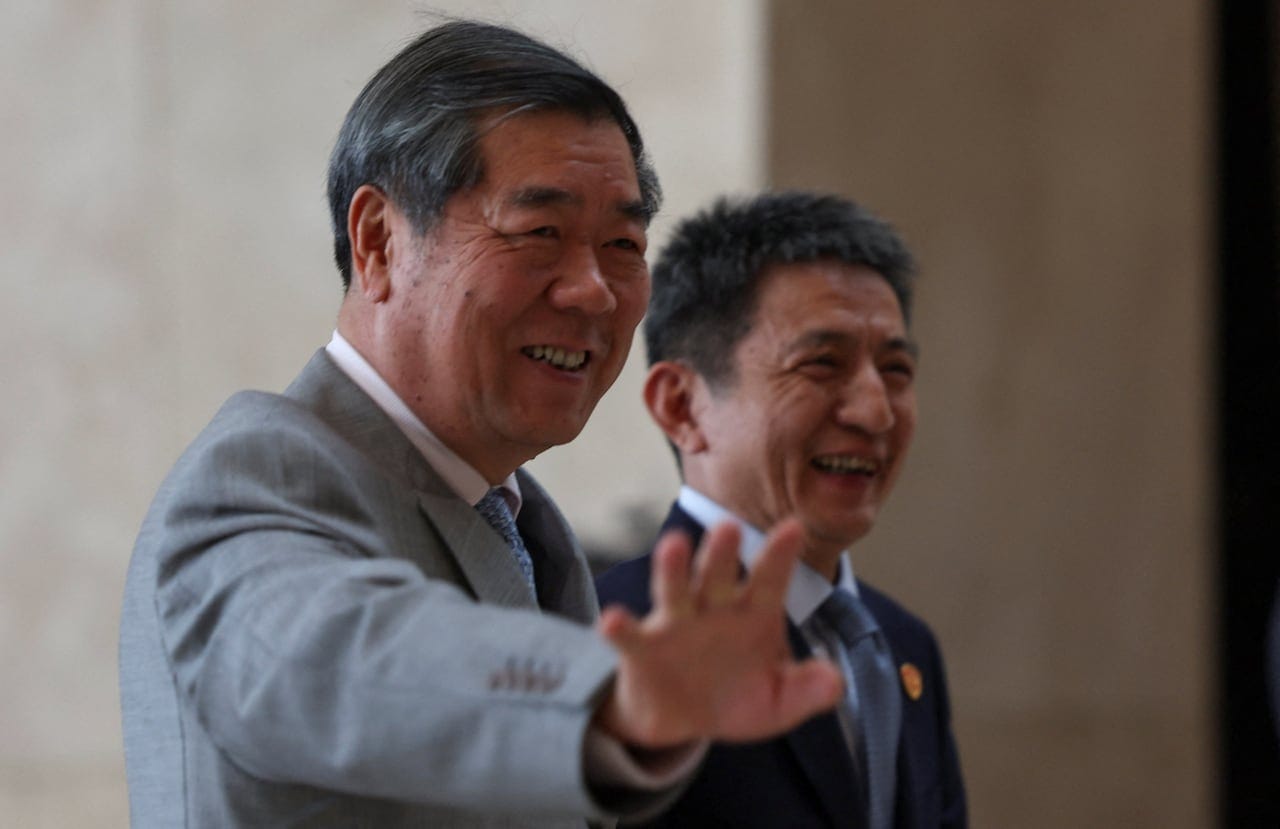
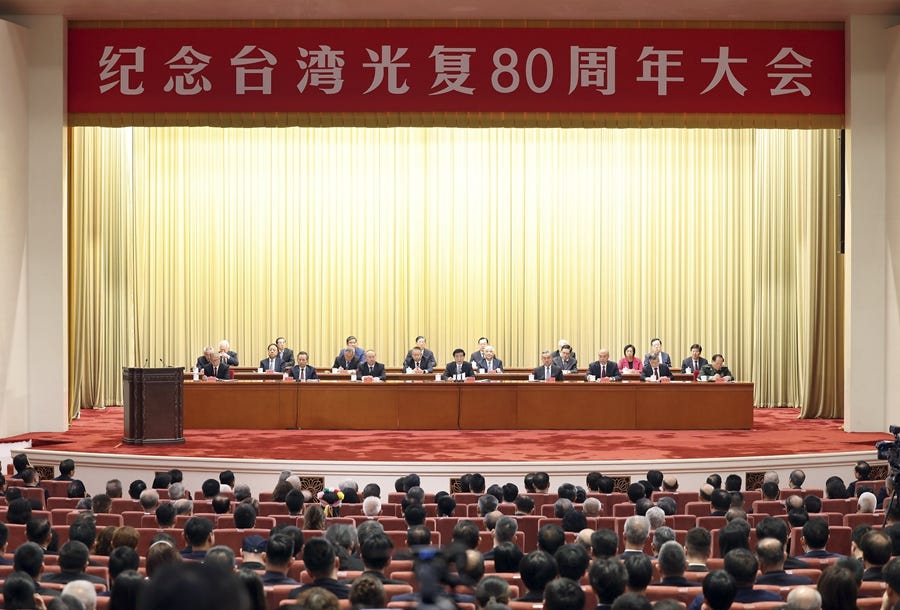
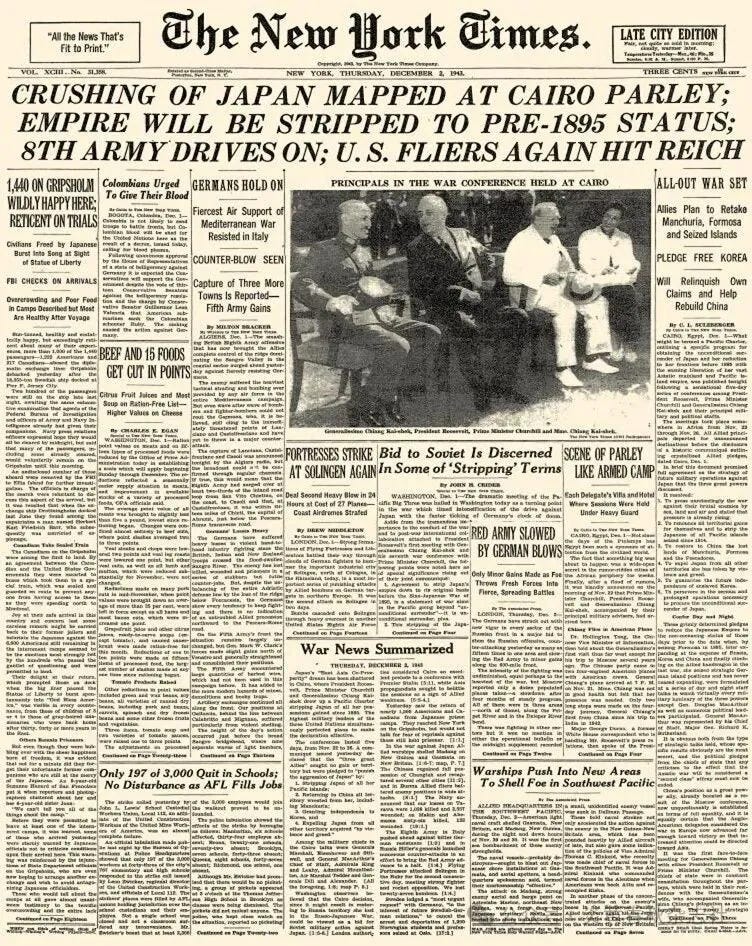
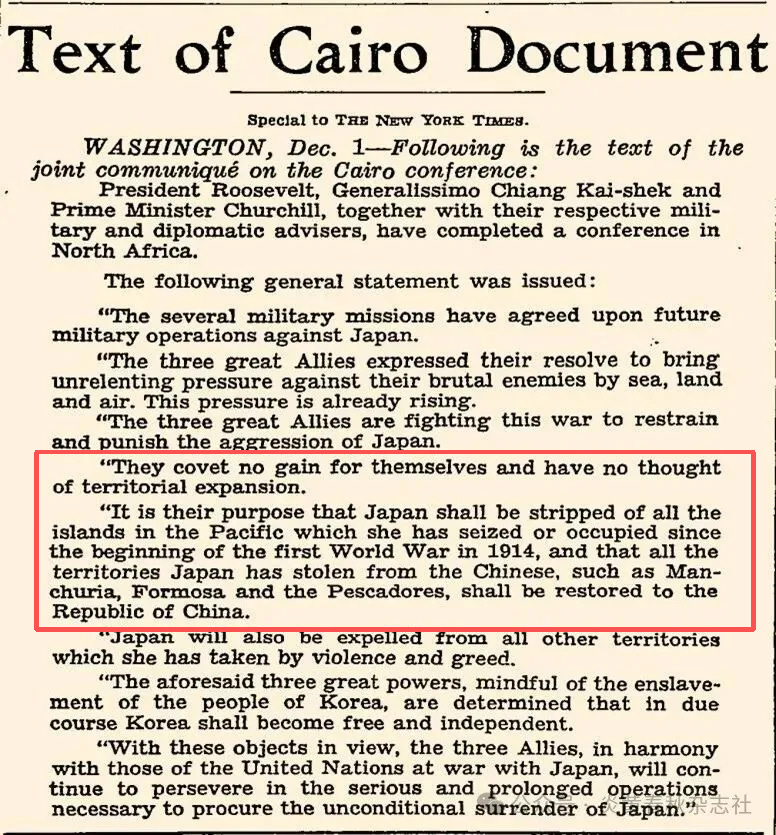
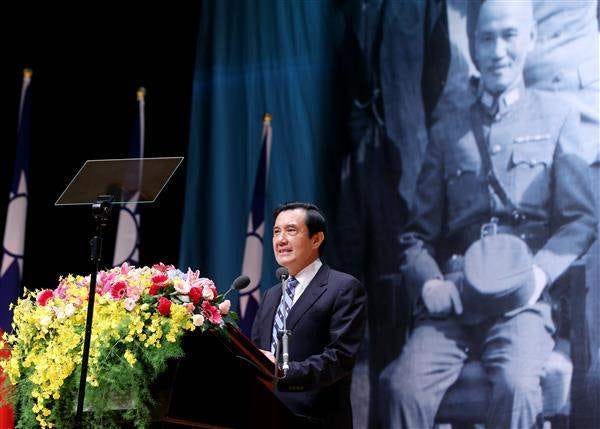

Good idea to commemorate Taiwan’s restoration to China. Please do this every year, not just the 80th year!